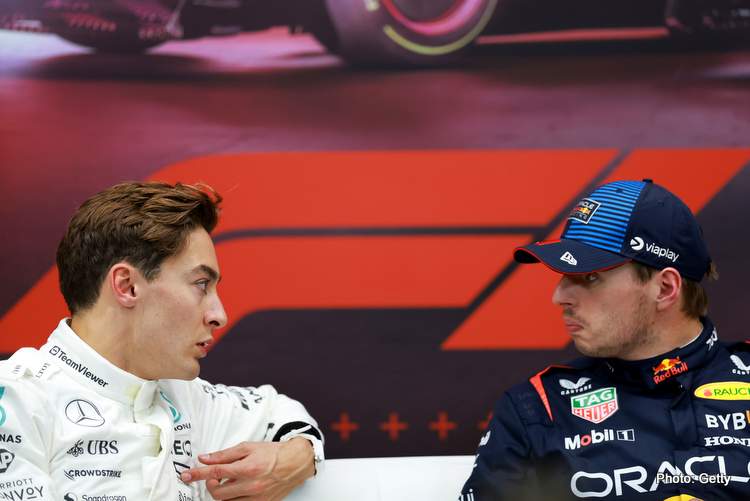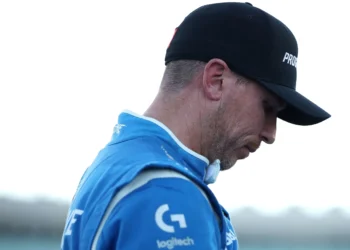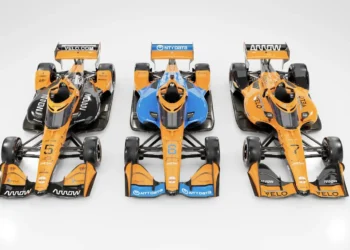The FIA has unveiled stringent new guidelines for driver conduct, introducing heavy fines, race bans, and even championship point deductions for misconduct. The move is part of an effort to “enhance transparency and consistency in decision-making,” the FIA said in a statement, but it risks deepening the rift between the governing body and Formula 1 drivers.
The new rules, published Wednesday, come in the wake of last year’s controversy when drivers Max Verstappen and Charles Leclerc were fined for swearing during official press conferences. Drivers criticized the penalties, labeling them excessive and out of touch with the realities of high-pressure racing.
What’s in the New Guidelines?
The updated measures address “misconduct,” which the FIA defines as including offensive language, physical assault, or actions that cause “moral injury or loss” to the FIA or the sport. The rules also extend to political, religious, or personal statements made without prior written approval, a regulation that has already drawn criticism for limiting driver expression.
Punishment Breakdown:
- First Offense: €40,000 ($41,600) fine for F1 drivers (standard fines are €10,000, but penalties for F1 drivers are quadrupled).
- Second Offense: €80,000 fine, plus a suspended one-month ban.
- Third Offense (within two years): €120,000 fine, a one-month ban, and an unspecified number of championship points deducted.
For statements deemed political, religious, or personal in violation of the FIA’s neutrality principles, the driver must also issue a “public apology and repudiation of comments.”
Driver Reactions and Rising Tensions
The changes are unlikely to sit well with F1 drivers, who have already voiced concerns about the FIA’s attempts to police speech and behavior. Last year’s fines for Verstappen and Leclerc over swearing in press conferences were widely panned as overreactions. Now, with the stakes raised to include race bans and point deductions, the backlash could intensify.
Several drivers, including outspoken figures like Lewis Hamilton and Sebastian Vettel, have been critical of the FIA’s approach to political neutrality, especially in a sport that has increasingly become a platform for social and political advocacy.
FIA’s Defense: Aligning with Other Sports
In response to criticism, the FIA compared its measures to those of other major sports organizations, including the NFL and FIFA, which impose similar penalties for conduct that damages the integrity of their respective sports.
“The FIA is not alone in fining competitors for misconduct,” the organization said. “These guidelines are in place to ensure the sport’s values and reputation are upheld.”
Implications for the 2025 Season
With drivers already frustrated by the restrictions imposed on their expressions, the new rules could lead to heightened tensions during the 2025 season. The potential for fines and bans for subjective misconduct could also introduce inconsistency in stewarding decisions, a long-standing pain point in F1.
For a sport that thrives on personalities and rivalries, the FIA’s crackdown risks alienating the very stars that drive its popularity. Whether this move will indeed enhance “transparency and consistency” or simply spark more controversy remains to be seen.










